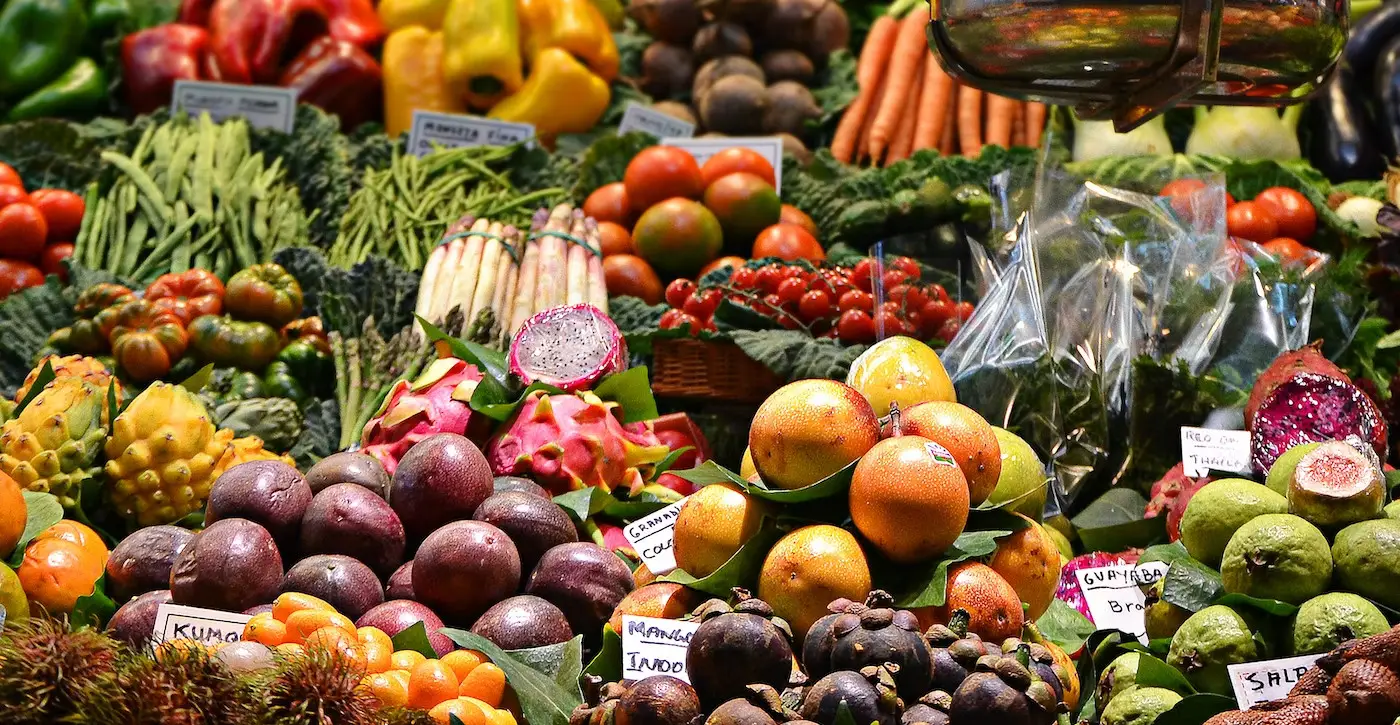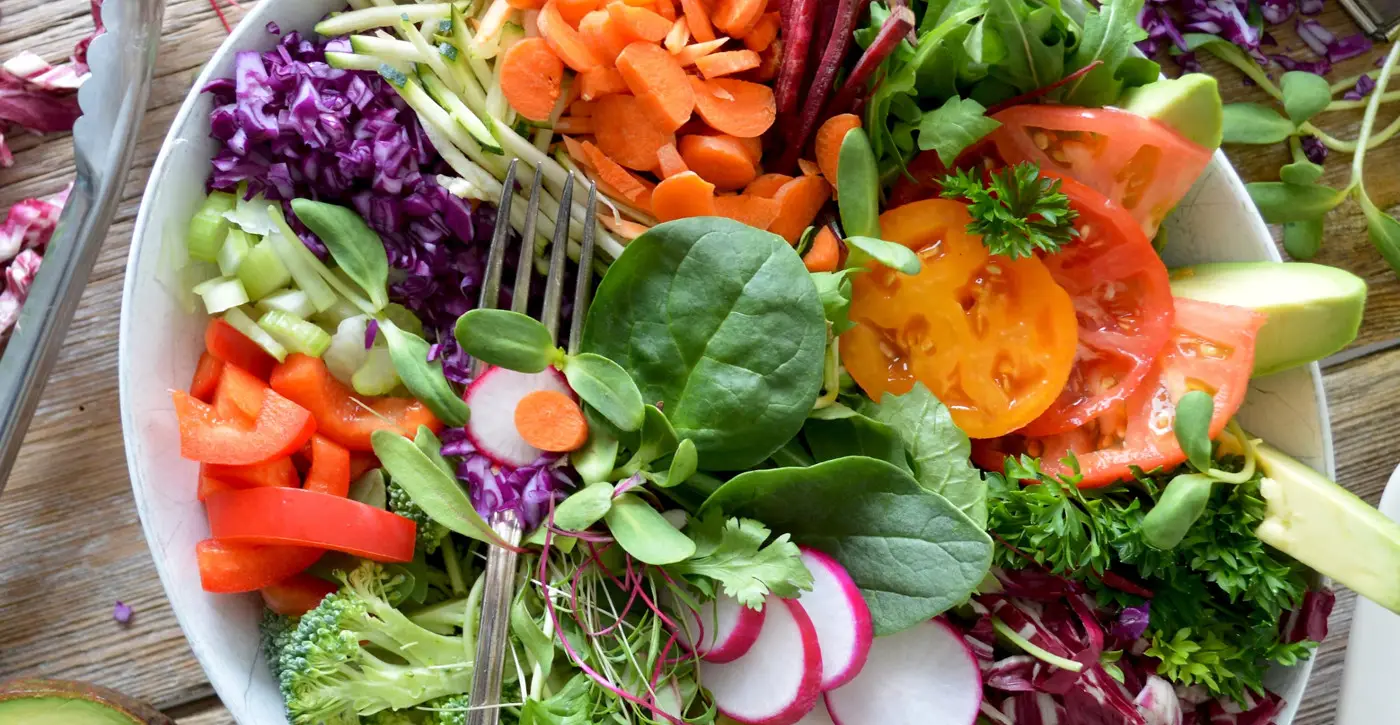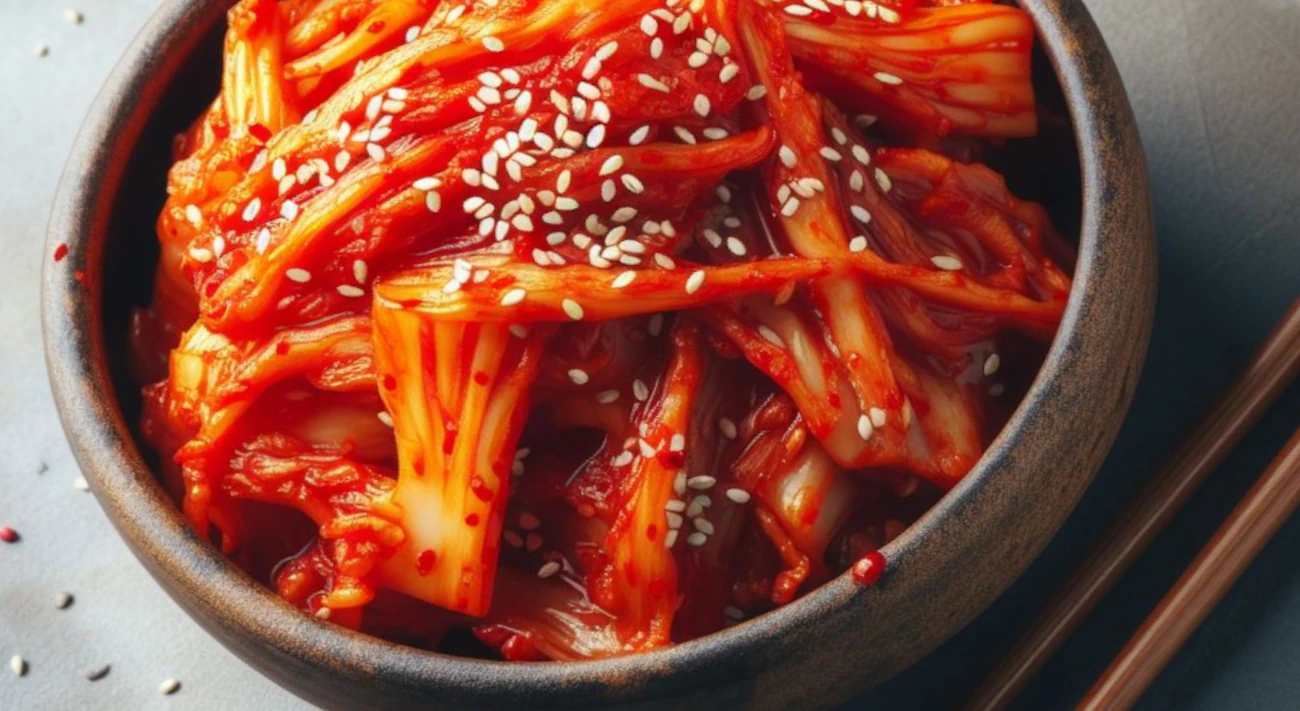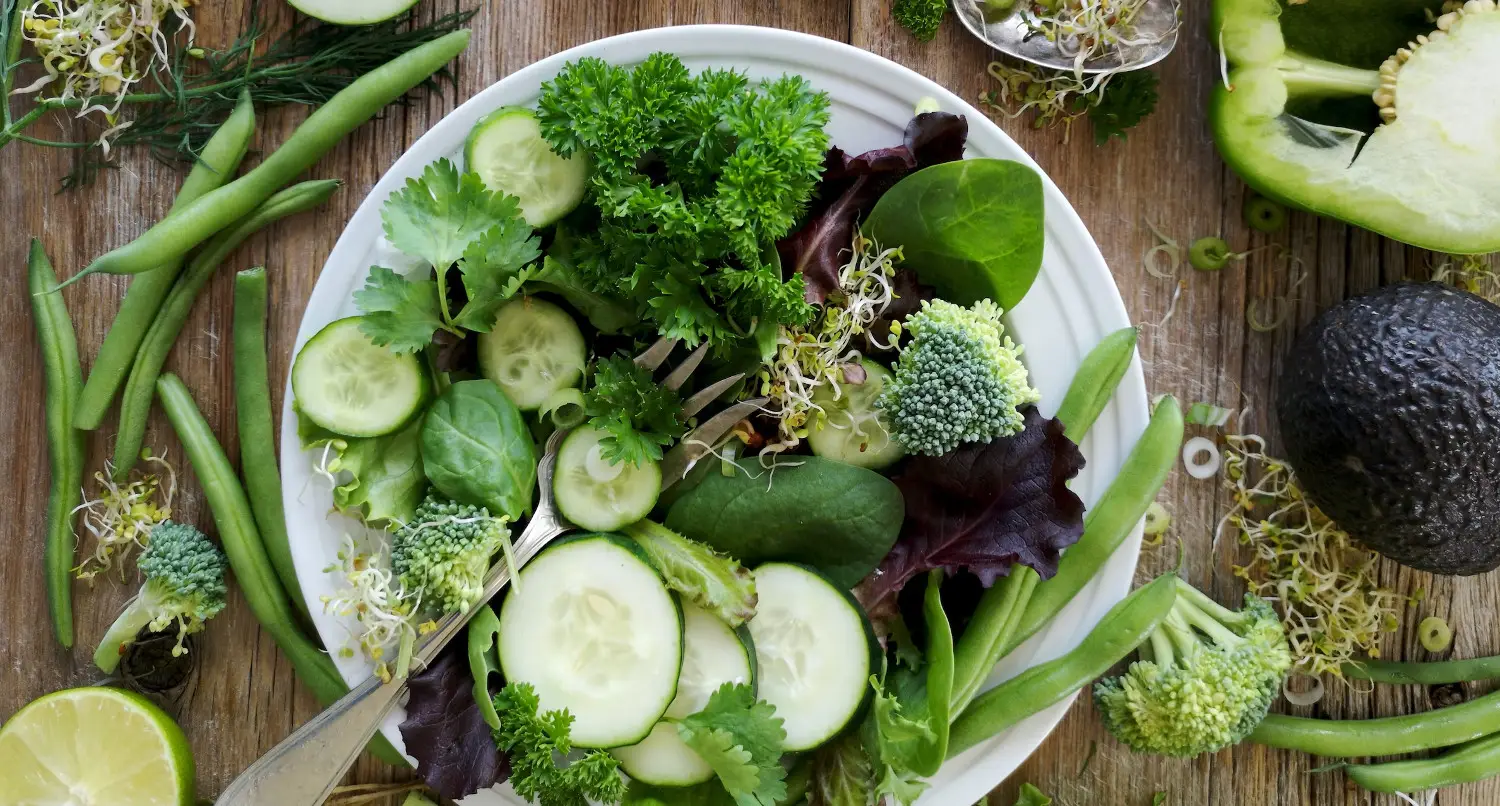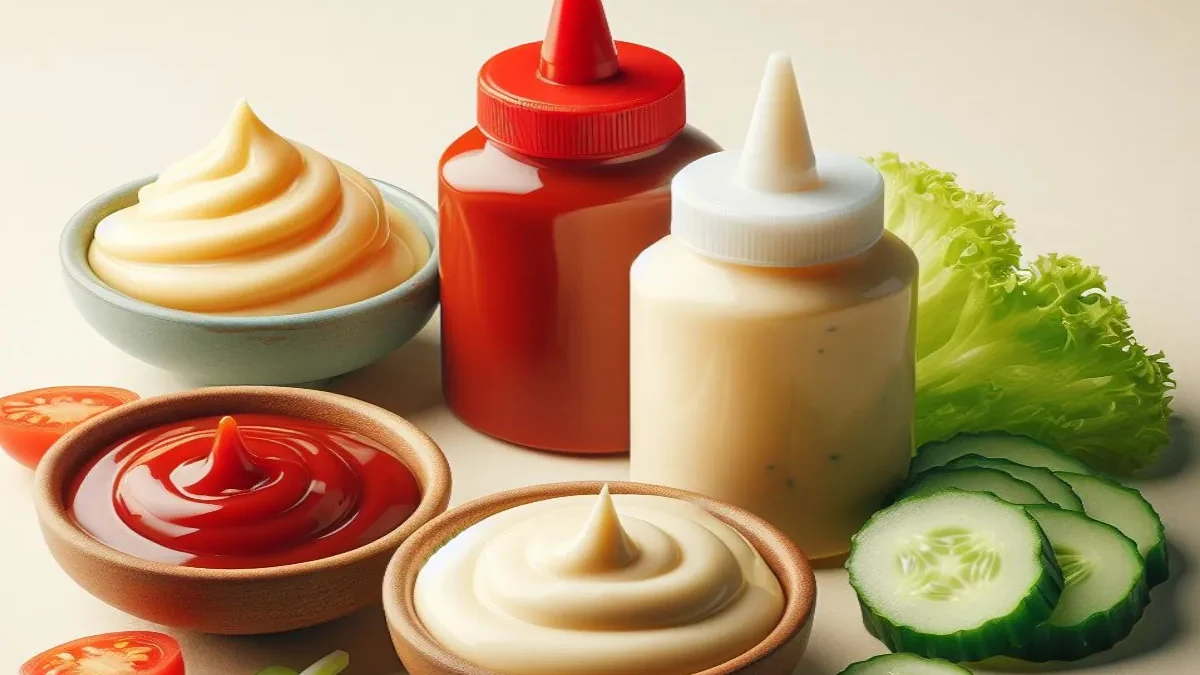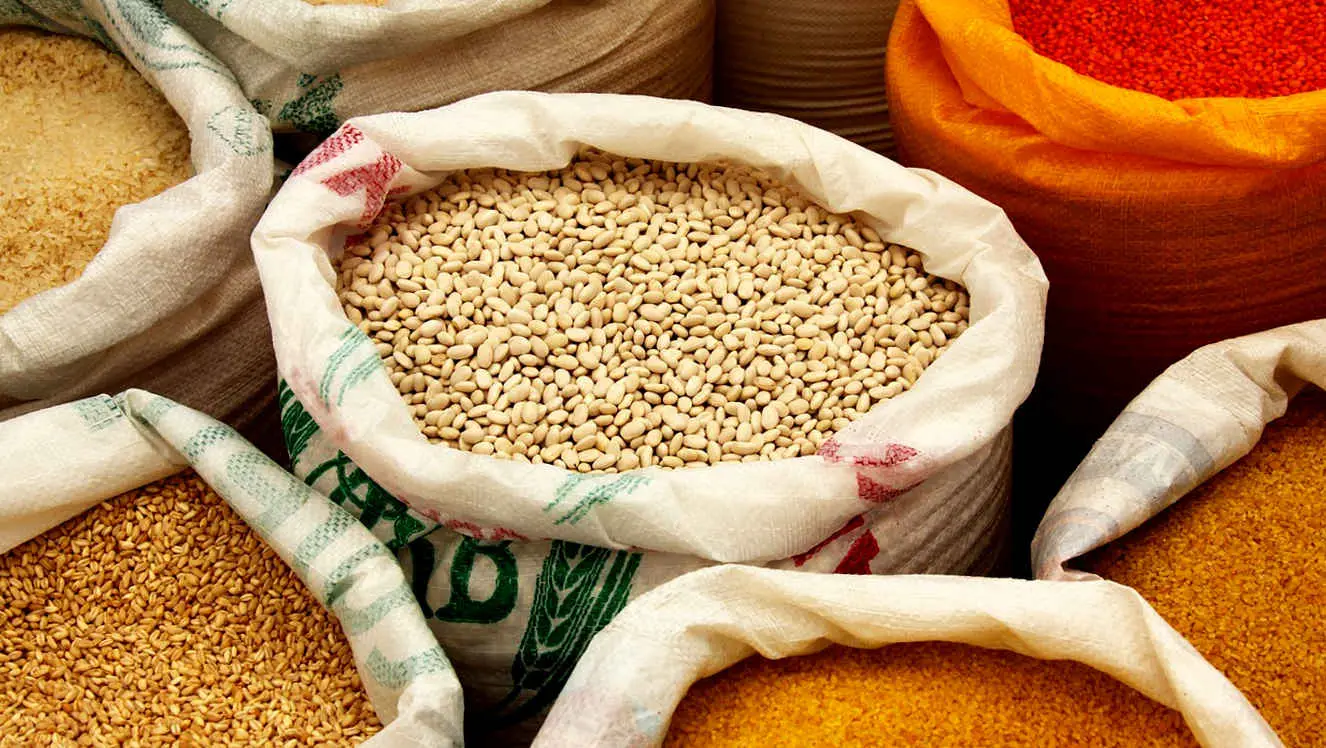Brussels Sprouts Lysine and Arginine Info Sheet
Overview
Brussels sprouts are a type of vegetable that are the buds of a cabbage-like plant.They are usually green, but can also be purple or red. They are usually cooked by boiling, steaming, or roasting.
Brussels sprouts are low in calories, fat, and cholesterol, but high in fiber, vitamin C, vitamin K, and folate.
They can help lower cholesterol, regulate blood sugar, and support bone and blood health.
They also contain some phytochemicals, such as glucosinolates and flavonoids, that have antioxidant and anti-inflammatory properties.
| Name | Lysine (mg/100g) | Arginine (mg/100g) | Ratio |
|---|---|---|---|
| Brussels Sprouts | 147.73mg | 202.27mg | 0.73 |
Brussels Sprouts contains 147.73mg of Lysine and 202.27mg of Arginine per 100g of product.
This means Brussels Sprouts has a low Lysine-Arginine ratio of 0.73.
Because Brussels Sprouts contains slightly more arginine than lysine, reducing its consumption may help people who suffer from herpes, as it may lower the viral activity.
Lysine Considerations
Brussels sprouts have a moderate amount of lysine, an essential amino acid that is important for protein synthesis, collagen formation, and calcium absorption.
It's one of the nine amino acids that the body can't produce, so it must be included in our diet.
Lysine has a variety of roles in the body, such as aiding in growth, healing, energy production, immune function, and the production of collagen.
Research indicates that lysine may have an impact on the herpes virus, which is responsible for cold sores and genital sores.
Taking lysine supplements or using lysine cream could potentially prevent or treat these infections by slowing down the amino acid arginine, which the virus requires for growth.
Arginine Considerations
Brussels sprouts have a moderate amount of arginine, a semi-essential amino acid that is involved in nitric oxide production, wound healing, and immune function.
Arginine can contribute to cold sore outbreaks, which are blisters caused by the HSV-1 virus, also known as herpes.
Arginine aids in the growth of HSV-1, which needs this particular amino acid to multiply and infect cells.
Arginine can be obtained through our diet, and is found in different high-protein foods such as nuts, seeds, and chocolate.
Regrettably, the herpes virus is known to "feed" on arginine, and a diet abundant in arginine compared to lysine may increase the frequency and severity of cold sores and herpes outbreaks.
Lysine-Arginine Ratio
Brussels sprouts have an unfavorable lysine-arginine ratio, which means that it has less lysine than arginine.
This may increase the risk of viral infections, such as herpes simplex virus, by enhancing the replication of the virus.
Both lysine and arginine are important for protein synthesis and other bodily functions.
The two compounds can affect the herpes simplex virus, which is responsible for cold sores and genital herpes, in opposite ways.
Lysine can the body or stop the virus from reproducing, while arginine can help it propagate.
Eating foods with a high lysine-arginine ratio could help lower the appearance and severity of herpes flare-ups.
Some foods that have a high lysine-arginine ratio are dairy products, fish, poultry, fruits, and vegetables.
These foods can give the body enough lysine to prevent the virus from taking up arginine, and thus stop its growth and spread.
Dietary Considerations
Most vegetables are not very high in in calories and abundant in in vitamins, minerals, and antioxidants.
Many vegetables have more lysine than arginine, such as beets, turnips, tomatoes, soybean sprouts, potatoes, celery, sweet potatoes, squash, and green beans.
These vegetables can help prevent or treat herpes outbreaks, as lysine can suppress the herpes virus.
Other vegetables have more arginine than lysine, such as peas, carrots, broccoli, cauliflower, and mushrooms.
These vegetables can still be consumed in moderation, as they have other health benefits.
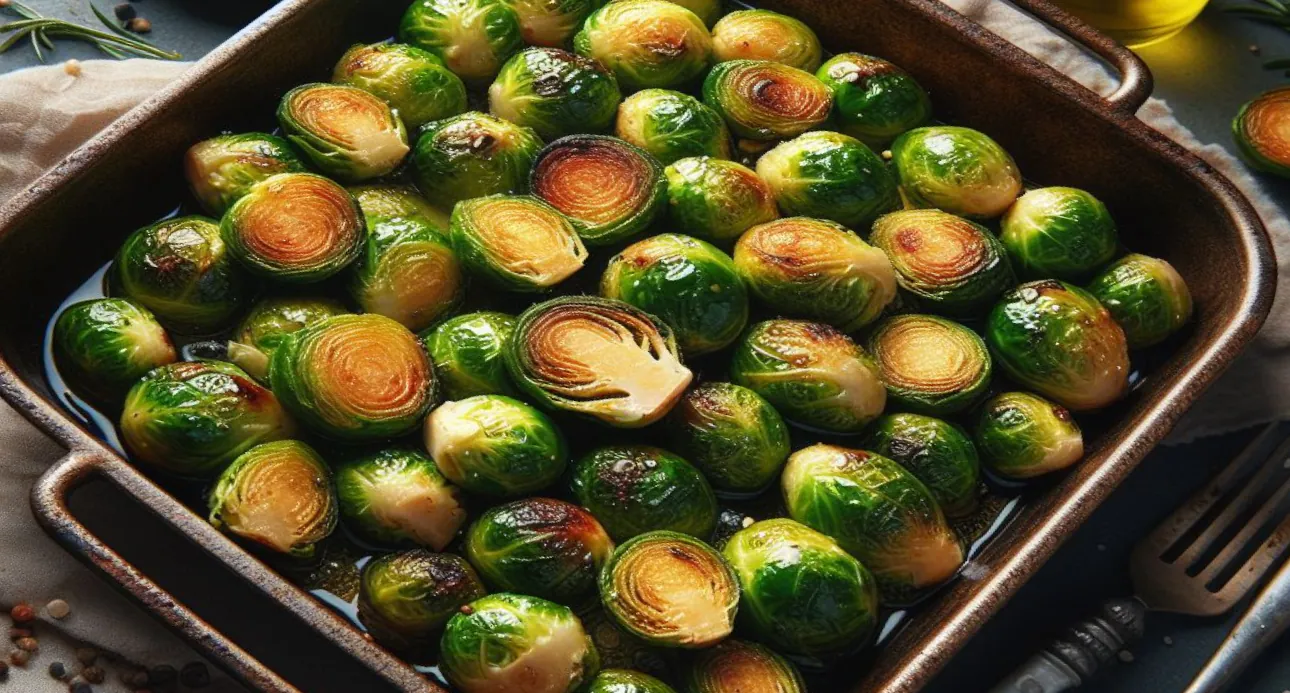
For example:
A diverse and nutritious diet that supports your immune system and fights inflammation is essential.
This means you should eat lots of fruits, vegetables, whole grains, lean protein, and healthy fats, and steer clear of processed foods, added sugars, alcohol, and caffeine, which can harm your health.
Avoid alcoholic beverages and caffeine which can overstimulate your body, leave you dehydrated, and compromise your immune system.Consider taking l-lysine supplements, which can help prevent herpes outbreaks and stop a cold sore before it emerges by limiting the availability of arginine for the virus, which it requires to produce a cold sore.
Taking other food supplements that can improve your immunity and protect your cells from oxidative stress, such as vitamin C, zinc, selenium, and antioxidants.
To prevent outbreaks, avoid foods that can cause allergic reactions or sensitivities, such as gluten, dairy, nuts, eggs, or shellfish.
These foods can harm your immune system and make inflammation worse.
Eating foods that can soothe your symptoms and speed up your healing process, such as honey, yogurt, aloe vera, and chamomile.
These foods have anti-inflammatory, antiviral, and antibacterial properties that can reduce pain, swelling, and itching, and promote tissue repair.
Check more food information
